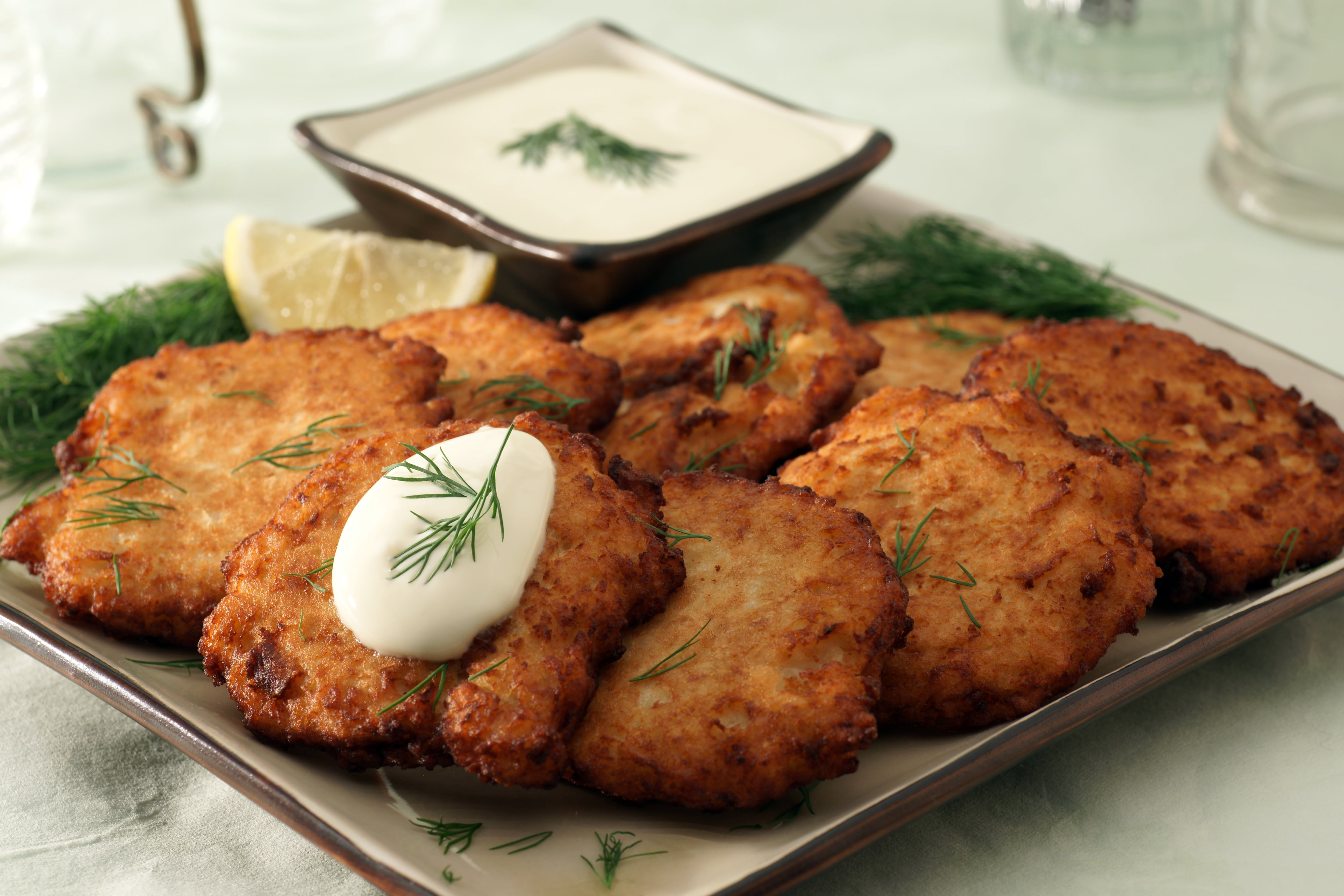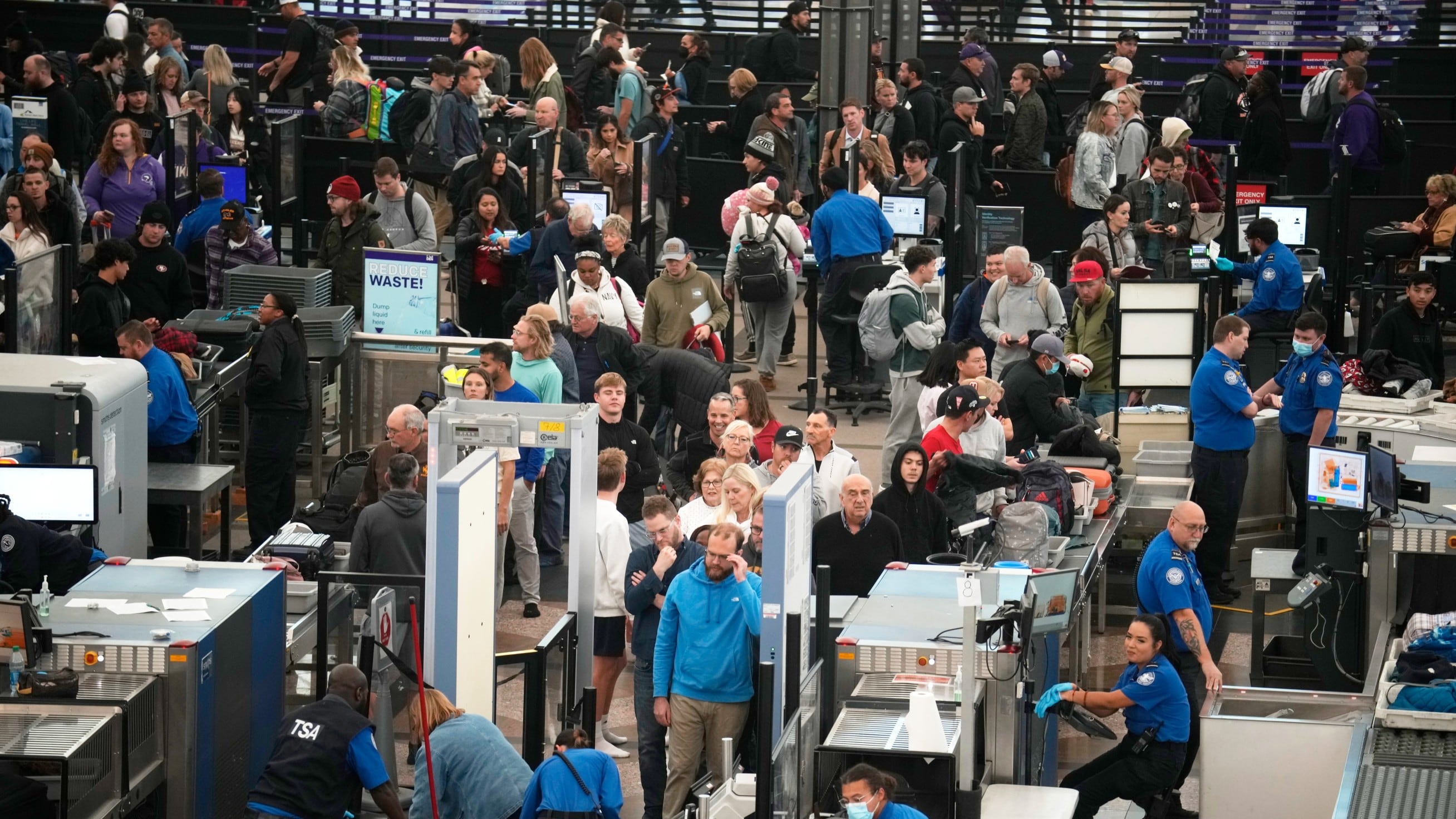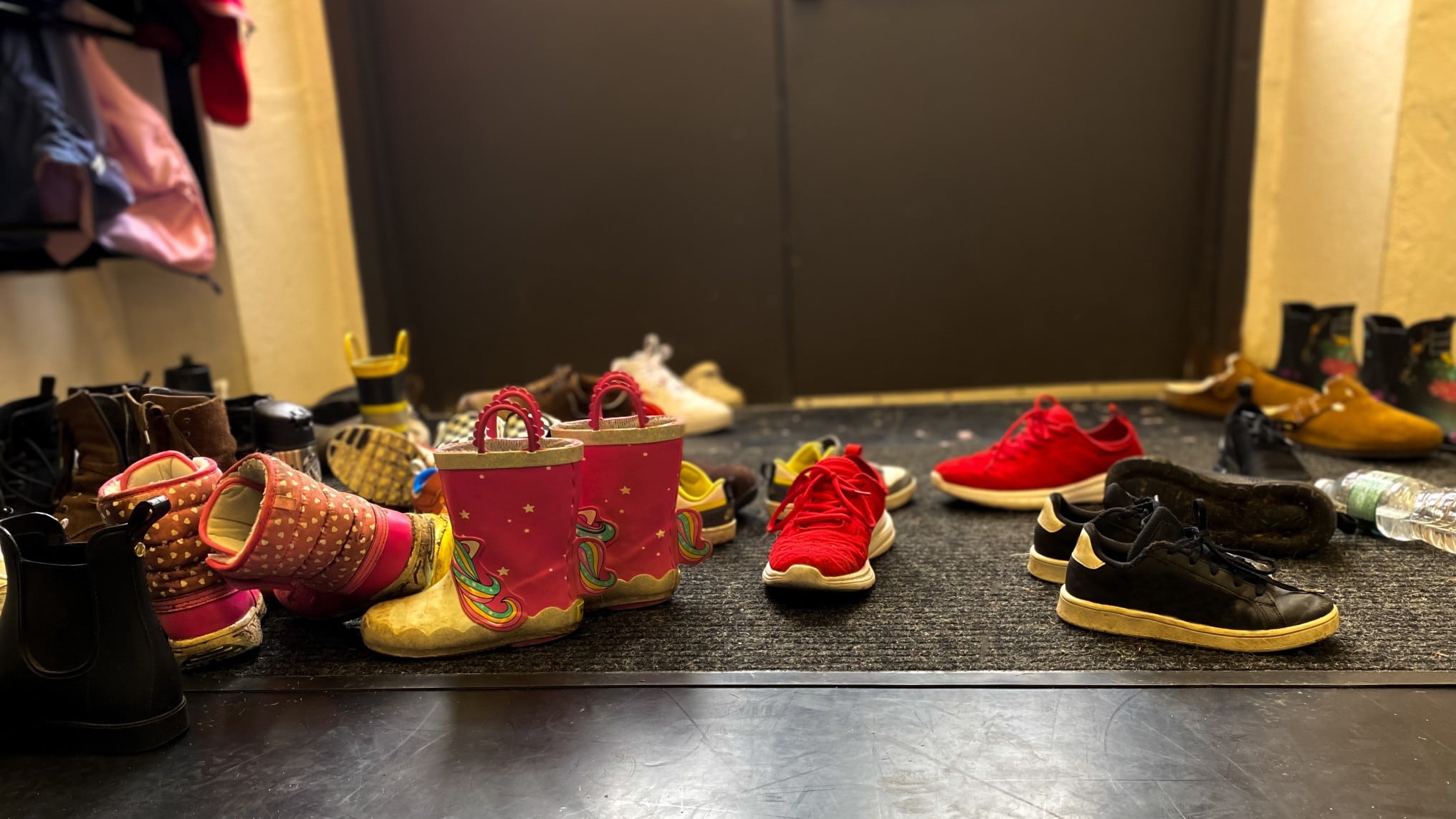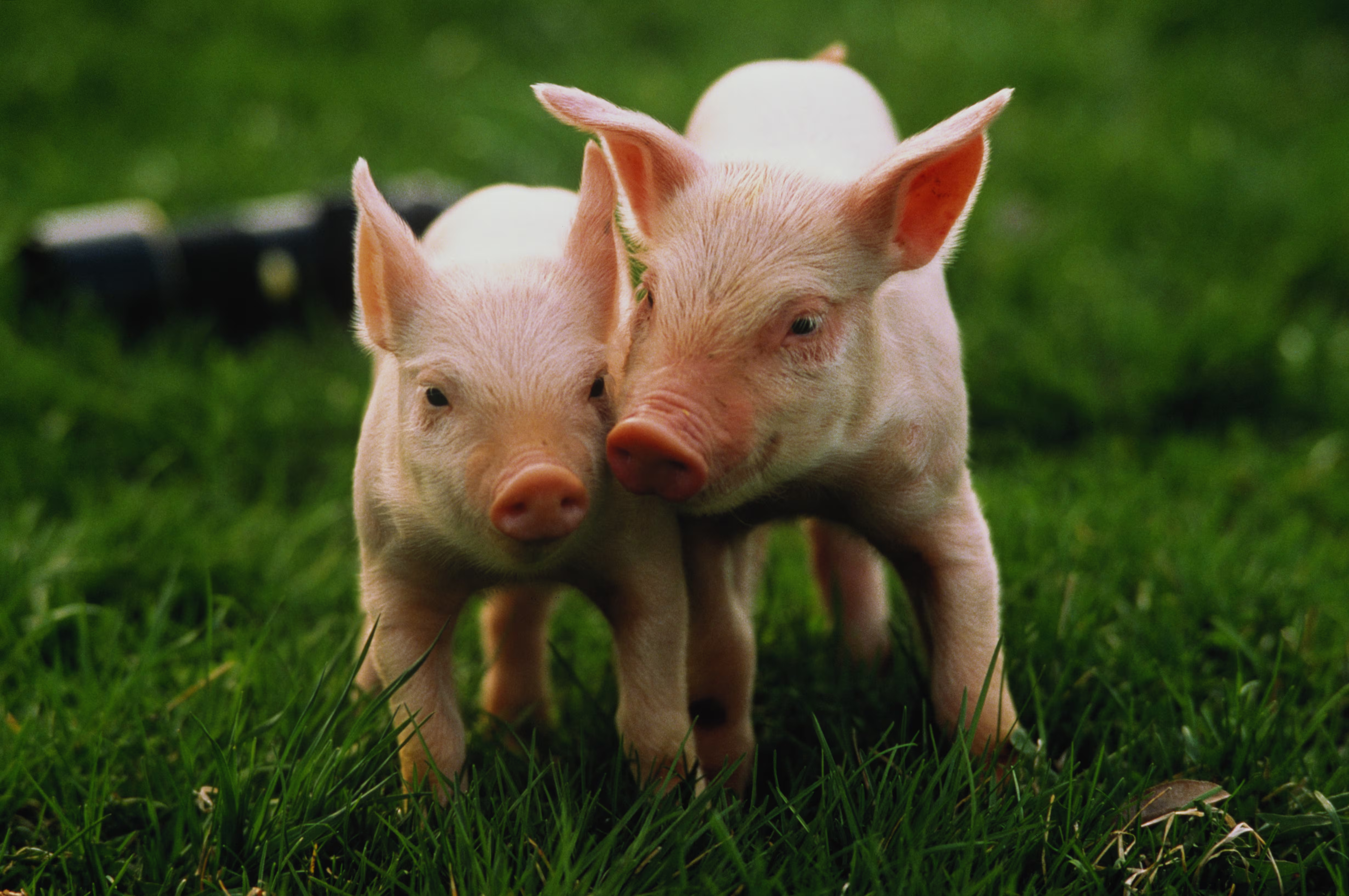*By Carlo Versano* Michelle Obama's memoir, "Becoming," hit shelves this week, with a rollout that felt more like a concert tour ー including appearances by [Oprah](https://www.cnn.com/videos/politics/2018/11/14/michelle-obama-oprah-winfrey-book-interview-sot-vpx.cnn), [packed stadium events](https://www.chicagotribune.com/lifestyles/stevens/ct-life-stevens-wednesday-michelle-obama-oprah-1114-story.html), and near-universal [morning TV](https://www.cbsnews.com/news/michelle-obama-gayle-king-interview-mother-marian-robinson/) coverage. Cheddar read "Becoming," which traces the former first lady's life from the gritty south side of Chicago to the bucolic campus of Princeton to the halls of power in the White House. The book opens with an anecdote in which Obama recounts the feeling one night, early in her post-White House life, of being in her home, alone, and deciding to embark on the quotidian task of making toast. She realizes it's the first time in years that she's popped the bread into the toaster herself. So she went crazy, drizzling cheddar cheese all over the burnt bread and enjoying her snack in the solitude of her own home. That experience "feels as close to a return to my old life as I've come," she writes. "Or maybe it's my new life just beginning to announce itself." **On stereotypes:** Obama writes extensively about the casual racism and stereotyping she experienced early in her life ー and which followed her even to the White House. Describing the "trap" of being called an "angry, black woman," she writes: "It was another damaging cliché, one that’s been forever used to sweep minority women to the perimeter of every room ... I was now starting to actually feel a bit angry, which then made me feel worse, as if I were fulfilling some prophecy laid out for me by the haters.” **On education:** Some of the most revelatory material in "Becoming" comes when Obama opens up, for the first time, about her years as a working-class black student at Princeton, which she describes as "extremely white and very male:" “If in high school I’d felt as if I were representing my neighborhood, now at Princeton I was representing my race. Anytime I found my voice in class or nailed an exam, I quietly hoped it helped make a larger point.” She goes on to recall feeling that she and her fellow minority classmates had to bear the "burden of assimilation" on campus. The multi-racial utopia often featured prominently in college brochures was a far cry from reality, where the students of color mostly hung out with each other, she writes. Obama also describes a meeting with a high school guidance counselor that occurred when she was in the top 10 percent of her class. Of the meeting when she was deciding where to apply to college, she writes: “It’s possible, in fact, that during our short meeting the college counselor said things to me that might have been positive and helpful, but I recall none of it,” she writes. “Because rightly or wrongly, I got stuck on one single sentence the woman uttered. ‘I’m not sure,’ she said, giving me a perfunctory, patronizing smile, ‘that you’re Princeton material.’” **On meeting Barack:** Michelle and Barack Obama had a famously romantic courtship that both husband and wife have recounted for years. In the book, we get a new window into how the future president and first lady came to meet. It wasn't love at first sight. In fact, Michelle was utterly unimpressed with Barack when she met him, despite her coworkers at a Chicago law firm being enraptured. “You put a suit on any half-intelligent black man and white people tended to go bonkers," she writes, saying her first impression found him arrogant with "a whiff of geekiness." But that didn't last: “As soon as I allowed myself to feel anything for Barack, the feelings came rushing — a toppling blast of lust, gratitude, fulfillment, wonder." **On marriage:** The Obamas' storied marriage was not without its bumps. In the book, Obama disclosed that the couple visited a marriage counselor "a handful of times," after the birth of daughters Sasha and Malia. She said she realized that it was not her partner's job to make her happy (nor was it her job to make her partner happy). “We wanted a modern partnership that suited us both.” **On fertility challenges:** Perhaps the biggest headline out of the book tour has been Obama's disclosure that she underwent IVF to conceive her daughters after suffering a miscarriage that left her “physically uncomfortable and cratered any optimism we felt.” Obama described that time period as "lonely, painful and demoralizing" and has said in interviews she hopes the disclosure will help more families talk about pregnancy loss, which disproportionately affects [African-American women](https://www.ncbi.nlm.nih.gov/pmc/articles/PMC3664339/). **On "having it all"** One of the anecdotes many working mothers will probably identify with is how Obama describes trying to fit in lunch between her full-time job and raising rambunctious girls: "There were times when I'd sit in the parked car and eat my fast food alone with the car radio playing overcome with relief, impressed with my efficiency." **On campaigning:** President Obama has hardly denied that his wife was not a fan of the campaign trail. At one point in the book, she admits that she agreed to her husband running for president because, frankly, she didn't think he had a shot: “I said yes, though I was at the same time harboring a painful thought, one I wasn’t ready to share: I supported him in campaigning, but I also felt certain he wouldn’t make it all the way,” she writes. “Barack was a black man in America, after all. I didn’t really think he could win.” **On Trump:** Obama makes no secret of her strong distaste for the man who currently fills her husband's old job, and the "birther" campaign that President Trump championed during Obama's presidency: “What if someone with an unstable mind loaded a gun and drove to Washington? What if that person went looking for our girls? Donald Trump, with his loud and reckless innuendos, was putting my family’s safety at risk. And for this I’d never forgive him.” She also writes that she "buzzed with fury" upon hearing the infamous "Access Hollywood" tape. Still, after the nastiness of the 2016 race, Obama says she's sticking by her famous mantra that, "when they go low, we go high." "Let's let kindness in," she writes.












